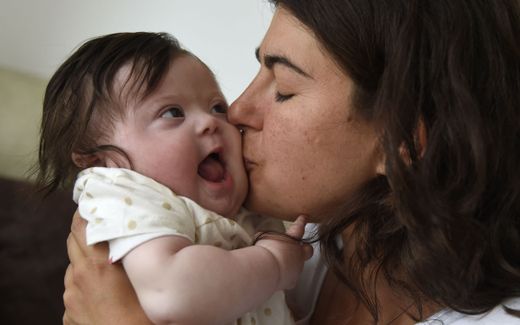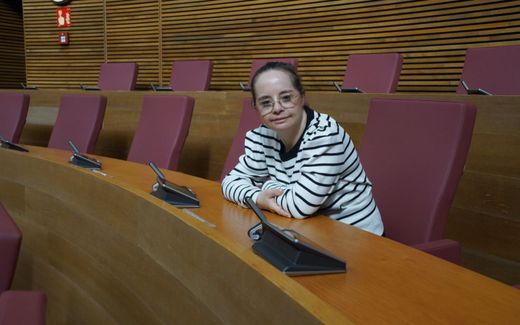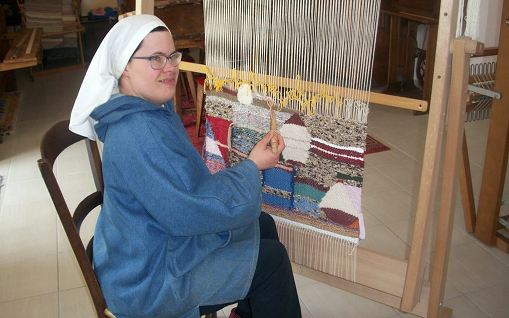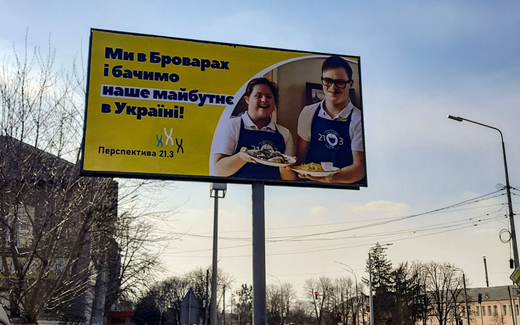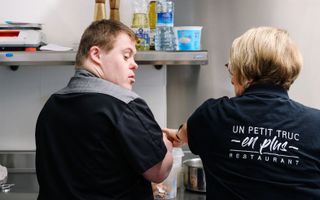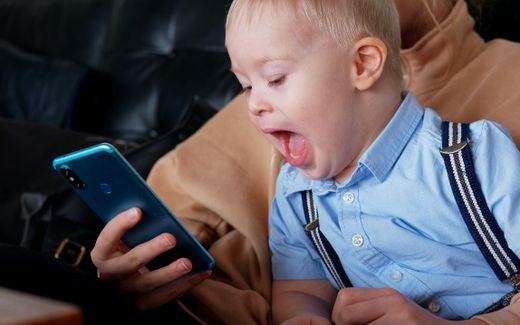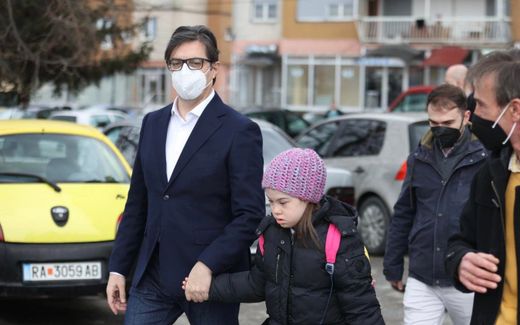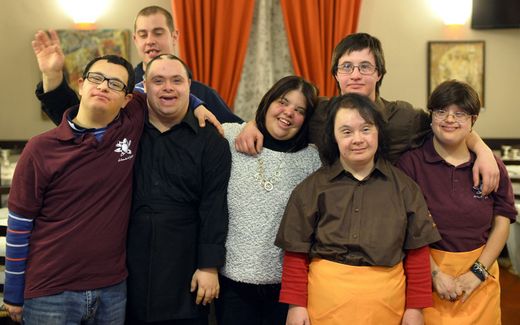Don't forget, Down syndrome children can do great things
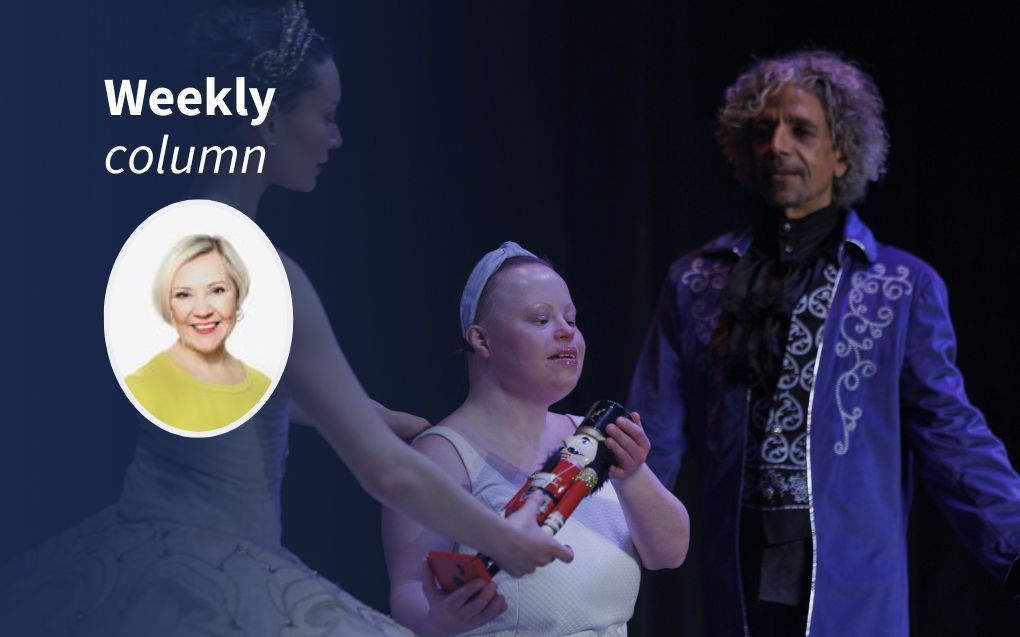
The sugar plum fairy (Rheya Shano) hands a nutcracker to the character, Clara (Faye Jones) at the Extrodinary Nutcracker inclusive performance in Boston, United States. Photo EPA, CJ Gunther
Christian Life
A 12-year-old boy with Down's syndrome has become a television star in Finland – and that's just great. The top-rated show, "Peltsi and Osmo," has become a hit nationwide.
Stay up to date with Christian news in Europe? Sign up for CNE's newsletter.
The Finnish Television Academy organises the Golden Venla (Kultainen Venla) competition and gala every year. The Golden Venla Awards are given annually to the best Finnish television programs and their creators.
This year, the public voted "Peltsi and Osmo" as the best program and Osmo as the best performer in the Golden Venla Awards. Peltsi and Osmo is a program in which a father and his twelve-year-old son go hiking in nature, and the father teaches his son wilderness skills. Osmo, who has Down's syndrome, is special in that program.
Finnish people love the program. It is full of love, warmth and joy. The program is diversity education at its best and is a sympathetic illustration of what is most important in life.
A range of emotions
I just read a book in which a father of three children honestly reflects on the struggles and feelings of expecting a disabled child. When a family finds out that their fourth child, whom they are expecting, has Down's syndrome, a process begins. The emotions and feelings range from sadness, disbelief, disappointment, faith, trust, joy and hope that the child might be healthy after all.
And confidence: we will get through this. Abortion was never an option. Everything is taken from God's hand. But will our good God allow his faithful servants to have a disabled child? Or perhaps it is a sign of trust that the Almighty entrusts a unique child to parents whom He considers to be able to care for the child.
Down's syndrome is the most common chromosomal abnormality and cause of developmental disability. Every year, around 70 families in Finland are told that their newborn baby has Down syndrome.
International Down's Syndrome Day is celebrated on 21 March to promote awareness of Down's syndrome and to show the richness of diversity.
The abortion problem
However, a large proportion of prenatal screenings for suspected Down's syndrome (21 trisomy) are aborted. And that's very sad.
Who has the right to live? Whoever happens to be born. Those who are suspected of being disabled during screening often do not have the right to be born.
I understand that there are a lot of difficult considerations involved here. A family who learns that they are expecting a disabled child may feel that they cannot cope with caring for and raising a disabled child and, therefore, end up having an abortion.
Besides, abortion is often encouraged in the health care system. I remember interviewing a young mother a couple of years ago who was expecting a child in a problematic relationship. She was almost pressured into having an abortion, which she ended up doing. Yet, she later regretted it and felt guilty.
Right to live
Perhaps it would be better if there were not so many prenatal screenings. On the one hand, information also helps to prepare for the future, but the fact that information makes you decide to end your life seems terrible.
People rarely have the resources in their imagination. They think that they cannot survive a crisis or a severe ordeal.
However, a person has incredible spiritual resources to cope with different situations. And where does this idea come from that life should be easy and uncomplicated? Life consists of crises and difficulties, which are part of life and bring depth and meaning to life. Crises can be overcome.
Life with a child with a disability can be vibrant and meaningful, although undoubtedly difficult at times.
Who are we as human beings to decide who has the right to live? Isn't life as a disabled person meaningful and valuable? Yes, it is.
And it is also good to remember that anyone can become disabled, for example, as a result of an accident or illness. We need more discussion about the dignity of different lives.
Related Articles


